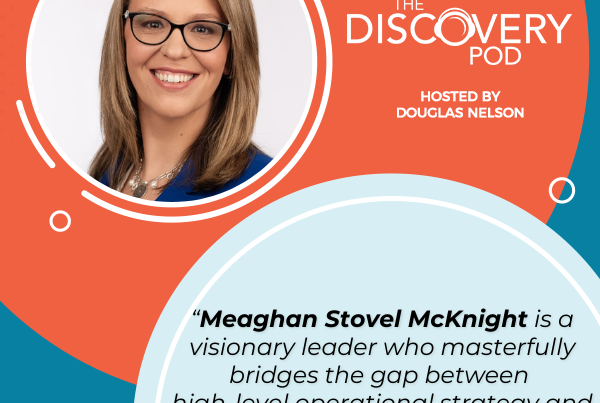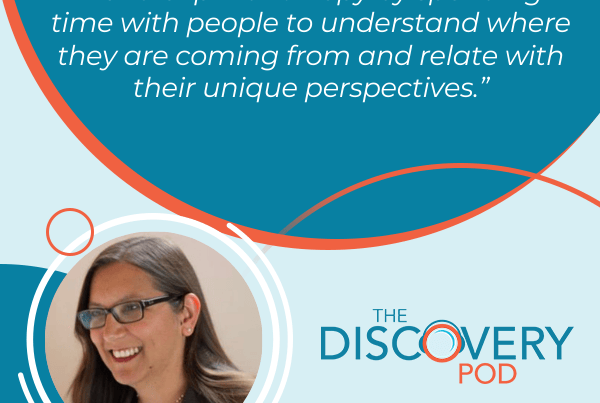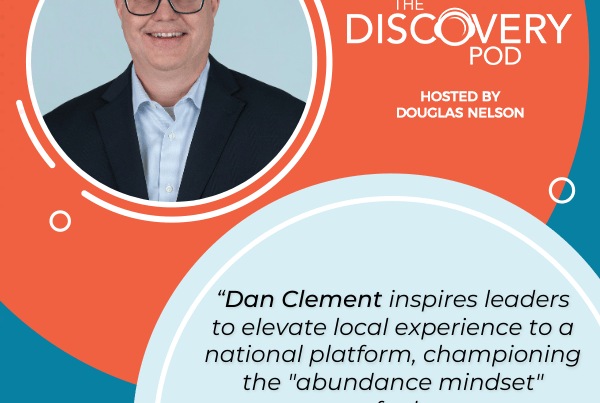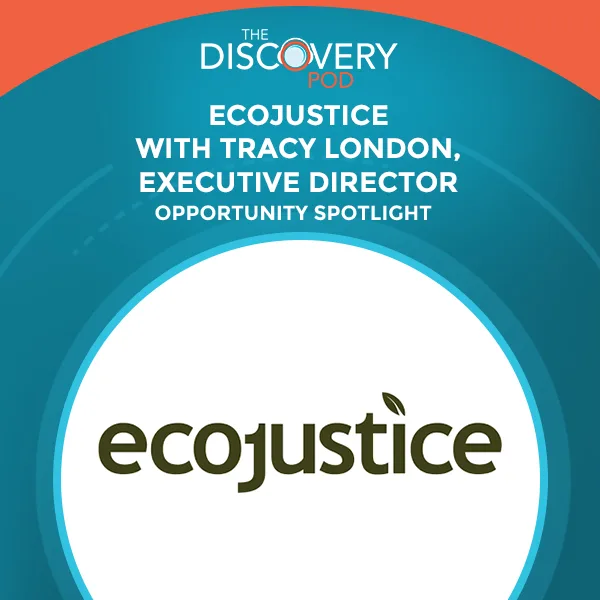
Protecting our planet requires legal power, and Ecojustice is leading the charge. In this Opportunity Spotlight episode, host Christoph Clodius sits down with Tracy London, Executive Director of Ecojustice, to discuss the organization’s critical work in defending nature, combating the climate crisis, and fighting for a healthy environment for all. Tracy sheds light on Ecojustice’s impactful legal actions, collaborative partnerships, and the crucial role of philanthropy in driving their mission forward. Discover how Ecojustice is making a real difference in protecting our planet and how you can get involved.
—
Listen to the podcast here
Ecojustice With Tracy London, Executive Director
I’m delighted to be joined by Tracy London. Tracy is the Executive Director of Ecojustice which we’re going to learn all about shortly. We’re here to talk about our Director of Philanthropy search that is now underway and we’re working with the community of candidates to try and bring some people forward for this exciting opportunity. Tracy, welcome. It’s great to see you again.
Thank you. I’m very honored to be here with you.
It’s my pleasure to have you and I’m really excited to learn more about Ecojustice, learn more about you, learn more about fundraising and philanthropy at Ecojustice. Let’s jump right in. For anyone who may not be familiar with Ecojustice, I can’t imagine people in this space aren’t necessarily, but tell me a little bit more about Ecojustice from your perspective.
Ecojustice’s Mission And Work
Ecojustice Canada is Canada’s largest environmental law not-for-profit. Our mission is using the law to defend nature, combat the climate crisis and fight for a healthy environment for all. We’re a team of approximately 100 staff and 35 lawyers and we’re all committed to holding government and corporations to account.
How exactly do you do that work, Tracy? Tell me a little bit more about the legal actions, the reform initiatives. I know you’ve had a number of cases that were very prominent in the media for that matter and some great wins. How exactly does that staff work together in executing Ecojustice’s mission?
Collaborative Efforts And Key Legal Actions
We’re very collaborative. We have lawyers, law reform specialists, communication specialists and an extraordinary philanthropy team. We’re based in Vancouver, Calgary, Toronto, Ottawa and our Atlantic office is based in Halifax. We also have team members based in Quebec. The way that we work together is we identify a strategic objective related to Canadian environmental law, related to ensuring respect for biodiversity limits in our nature program. We ensure that we fight climate chaos in our climate program and to ensure that we uphold indigenous sovereignty in healthy communities as well as the needs of equity deserving communities.
With those communities actually and indigenous partners, maybe you can tell me a bit more about some of the partnerships and community groups that you work with. I know you really value your partnerships and work really collaboratively with like-minded individuals, like-minded groups and communities through the country and through the world for that matter. Maybe you can talk briefly about that.
Partnerships With Indigenous Communities
For folks who are really interested in knowing an action that we’re currently working on is that we are currently in Busan, South Korea as part of the global plastics treaty negotiations. We’re working shoulder to shoulder with the Aamjiwnaang First Nation. For folks who may be familiar with our work, we were able to work very effectively in collaboration with Aamjiwnaang leadership during the plastics negotiations in Ottawa in April 2024.
We have very specific outcomes coming out of that collaboration, including holding the Canadian federal government to account, as well as the corporation that’s been polluting the air that’s been affecting the Indigenous community for decades. It’s that collaboration between our staff lawyers, our campaigners and our communicators, that we’re able to create that kind of pressure. We find that we’re able to uplift indigenous leadership and to ensure that their needs and that their concerns are top of mind.
That’s such a great case study and really represents a lot of the work you do in so many different spaces and aspects of climate change and community engagement and environmental rights and so on. That’s fantastic. Why is it you do the work you do, Tracy? What has drawn you to Ecojustice? What are you most proud of in your so far?
Tracy’s Journey To Ecojustice
This is a lifelong dream. I can remember being a law student at the University of Toronto and dreaming of how I might be able to contribute to social justice and environmental justice through my legal education. I never would’ve believed that being able to serve Ecojustice could be a possibility for me personally or professionally. Ecojustice, since 1990, has been intervening the Canadian Supreme Court and we’ve intervened in two-thirds of environmental law cases in our 30-year history. Not only that, we’ve been engaged in half of Canadian environmental law cases.
Ecojustice has intervened in two-thirds of environmental law cases in the Canadian Supreme Court in our 30-year history. Share on XTo have this opportunity to serve a team of brilliant legal minds, to be able to work with folks who know how to work collaboratively to create systemic legal change as an organization to be able to have that kind of influence to change environmental legal norms nationally, but also specifically with communities is a dream. Of course, I also bring my experience as a fundraiser, having been a fundraiser for almost two decades. Seeing how we have such an extraordinary community of supporters as well as such an extraordinary philanthropy team that makes all of this work possible.
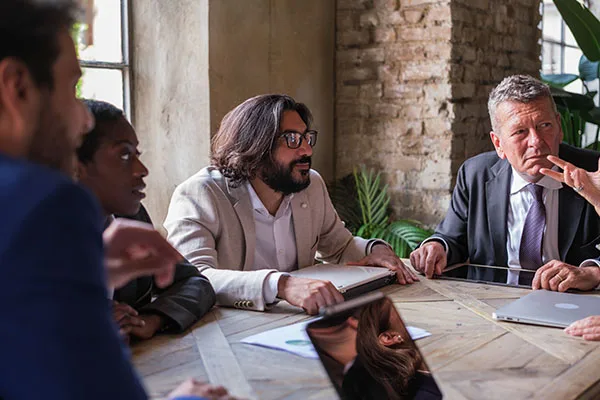
Ecojustice: It’s a dream to have this opportunity to serve a team of brilliant legal minds at Ecojustice and work collaboratively to create systemic legal change.
We could do an episode just on your career path alone, Tracy, because you and I go back a few years and I’ve really enjoyed following your work and your exceptional work. I love how you’ve put it to that your work is to serve, it’s in support of others, support of the organization that you do. Thinking about that piece thinking about this national team that you’re working with, working for, working on in some cases, work culture is so important. Candidates, potential people looking at Ecojustice as a career destination, always want to know about culture. What is the culture you’re trying to create at Ecojustice? How does that look and feel?
I feel very fortunate that we have an extraordinarily strong culture of philanthropy and it shows up in multiple ways. We have a very loyal donor base and we have a number of donors who’ve been with Ecojustice for our whole history. We’ve always led with our work. The loyalty comes from our accountability to our community of donors in terms of creating real results in terms of real legal precedent that we’ve been able to accomplish. We also see that culture of philanthropy in the strong partnership that we have between our philanthropy and fundraising professionals with our program staff. That is certainly how I serve Ecojustice in the sense that it’s our fundraising team who makes the work possible.
There is an extraordinarily important strategic partnership that needs to happen between our community of supporters, our program staff and our fundraising professionals for us to be able to have the kind of involvement that we have, not only with the Supreme Court of Canada, but also the number of cases that we have pending. Just in 2023, 35 legal actions in nature, 35 in healthy communities and 40 in climate change. I really put that down to the culture of philanthropy and collaboration that we have as an organization.
That’s so important to maintain those pieces, particularly as you said, you’ve got offices across the country, you work across the country, Supreme Court may be based in a particular city of course, but that’s not necessarily where all the work happens. That’s still compelling to hear. That’s fantastic. Let’s pivot to the directors themselves, the philanthropy team themselves. What’s exciting about fundraising? What’s exciting about the fundraising future, I should say, at Ecojustice? What’s coming up on the horizon that’s really compelling for this person to join you?
Opportunities For The Director Of Philanthropy
I think the Director of Philanthropy has an extraordinary opportunity to work with our seventeen professionals. We have exciting opportunities for how we’re evolving our work as an organization. We’ve just been involved in a legal precedent in the Ontario Court of Appeal where Ecojustice has set a global precedent related to Section 15, which is the right to equality, and Section 7, which is the right to life and security.
The Director of Philanthropy has a critical role in being able to build those partnerships with donors who are also committed with us in making kind of fundamental legal changes within Canada to ensure that future generations are able to survive in the face of the various ecological crises that we’re facing not only as a country, but globally. This opportunity to be a director is more than just a fundraising role. It’s someone who works in partnerships internally at Ecojustice and externally as part of this joint mission for planetary survival.
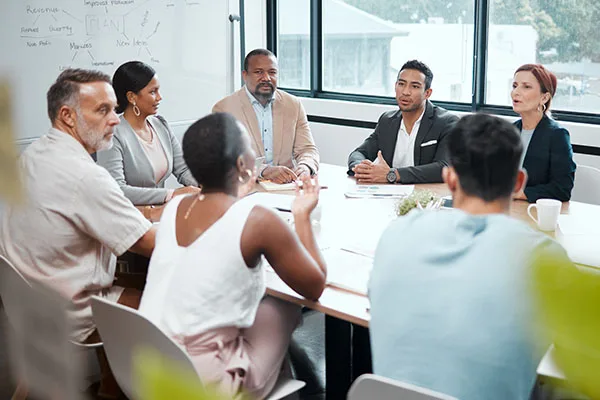
Ecojustice: The Director of Philanthropy at Ecojustice has a critical role in building partnerships with donors committed to fundamental legal change for future generations.
That’s so compelling. We could just end right there, but I know that there’s a few more technical details to get into. You talked before and I appreciate that vision and that view for planetary survival. That’s incredible. Thinking about some of the tactical pieces around philanthropy fundraising, like you and I have talked a bit about this before and knowing you’ve got your fundraising hat on and your history of fundraising experience as well. You know about the mechanics of fundraising.
You alluded to some of the donors that have been with you since your founding. We’ve talked a lot about the untapped major gift potential planned giving program is really building as well. What’s always really impressed me about ECA justice as I get to know you, is the extensive data-driven empirical nature of the program. It’s really the art and the science of the fundraising program fundamentally. I don’t really have a question there. I just wanted to compliment you for the dynamic program you have and the broad base and how exciting it is. Anything you wanted to add in that, for that matter, in regards to the fundraising program itself or the team?
One of the things that I’d like to add is that our culture tends to be quite humble. It’s wonderful to hear you brag on our behalf in terms of how robust and rigorous our fundraising is.
I’m happy to help. If that’s what it takes, so be it.
I think for us, for example, we have a successful track record being lawyers for the environmental movement. What is a growing area of our work in addition to that is the extent with which we have our clients being individuals and community leadership. What that means for us is that not a lot of people know about our work. We’ve put our clients forward. A lot of our environmental, not-for-profit partners have been the folks who have been the front-facing or public voice for some of the issues.
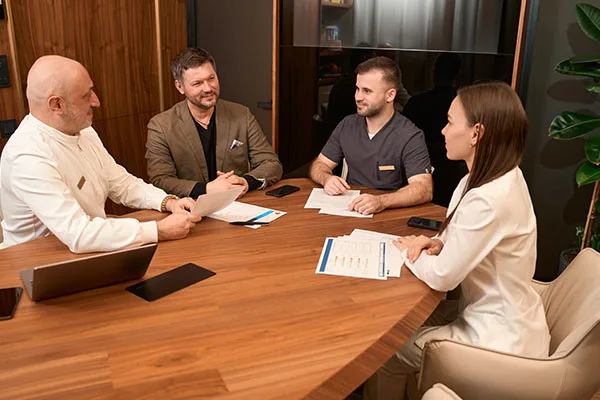
Ecojustice: Ecojustice has a successful track record as lawyers for the environmental movement. We are expanding our work to represent individuals and community leadership.
We’ve been very effective in building philanthropy, loyalty and relationships over time within a space when we have been very deliberate in putting ourselves in the background. As we start building upon the strong foundation of relationships that we have and very intentionally communicate out publicly, I think the strengths that we have as a culture within fundraising of ensuring that we build relationships that we’re not transactional. We’re very focused about putting our work forward. That our work has a direct impact.
We've been effective in building philanthropy, loyalty, and relationships. We're not transactional; we're focused on putting our work forward and making a direct impact. Share on XWe can point to legal precedent, we can point to how the Federal provincial governments change course and introduce new laws, the way that our litigation holds corporations accountable and the way that we’re expanding into new areas of work, such as ensuring that corporations aren’t permitted to greenwash. I think it’s a tribute to the hard work of our philanthropy team, of the success they’ve had while we’ve been very humble. Also, the Director of Philanthropy has a huge opportunity in sharing with new donors, new partners, how effective we are as an organization.
What excites you most about the future at Ecojustice? What’s on the horizon that is really compelling for you and would be compelling for someone to come join you at Ecojustice? You’ve highlighted so many things both about the culture of humility, the program at Ecojustice of Philanthropy for that matter. The teamwork. It’s more than just fundraising this impact at the planetary level. Those are just a few highlights for that matter. What’s your case for candidates? Why would someone want to come join you?
The Future Of Ecojustice And Scaling Up
I think being able to be part of such an extraordinary national team of that partnership that’s very strong between our lawyers, our fundraisers, our other program staff, to be able to have that sense of community nationwide being part of that work. Also, being cognizant that the next 2 to 3 years are critical for our planetary survival. As an organization, we’ve been able to meet the challenge because we’ve had to scale up and you see our scaling up in terms of our revenue growth.
Join Ecojustice and be part of an extraordinary national team working collaboratively to address the critical environmental crises of the next 2-3 years. Share on XWe’ve grown approximately 40% in the past handful of years. You see our growth as an organization in terms of the sophistication of our work, the number of lawyers and program staff that we have working on critical matters and our geographic scope in terms of being able to work internationally, nationally and community-based at the same time. The opportunity for the director is to be able to take what we have in terms of fundraising momentum as well as our legal momentum and to be able to grow Ecojustice in line with the kind of crisis that we’re having to address.
Ecojustice has grown approximately 40% in the past few years. The Director of Philanthropy will help us continue this growth in line with the environmental crises we address. Share on XThere’s lots that underlines that crisis and lots on the go in Canada and internationally that we’re certainly aware of. Your work in Busan, for instance, with the plastics discussions right now, is certainly a representative case study in some ways of the work that you and others are doing. Kudos to you for the momentum. It’s very exciting. I’m delighted to be working with you and your team on this search.
We do have a deadline in early January 2025, so we’ll have the chance to give candidates lots of opportunities to get to know you and your team, ask lots of questions and then you’re going to ask lots of questions of candidates as well. Anybody that’s interested, please feel free to check out the Ecojustice website. Be in touch with me. [email protected] is my email address. One question I always like to ask candidates or people in these conversations, I’ll end with you, Tracy, is there anything I should have asked about but didn’t or anything else you wanted to share for that matter?
No.
We certainly covered a lot. It’s not a bad thing for that matter, so maybe we’ll leave it there. As always, it’s a great pleasure. I’m excited and delighted and honored to be working with you. I appreciate the comment about humility as well. You certainly have that in spades. If I can be your advocate and champion as you are for the environment, I’m more than happy to play that role.
Thank you so much.
Thank you. Chat soon. I appreciate it. Thanks, Tracy.

